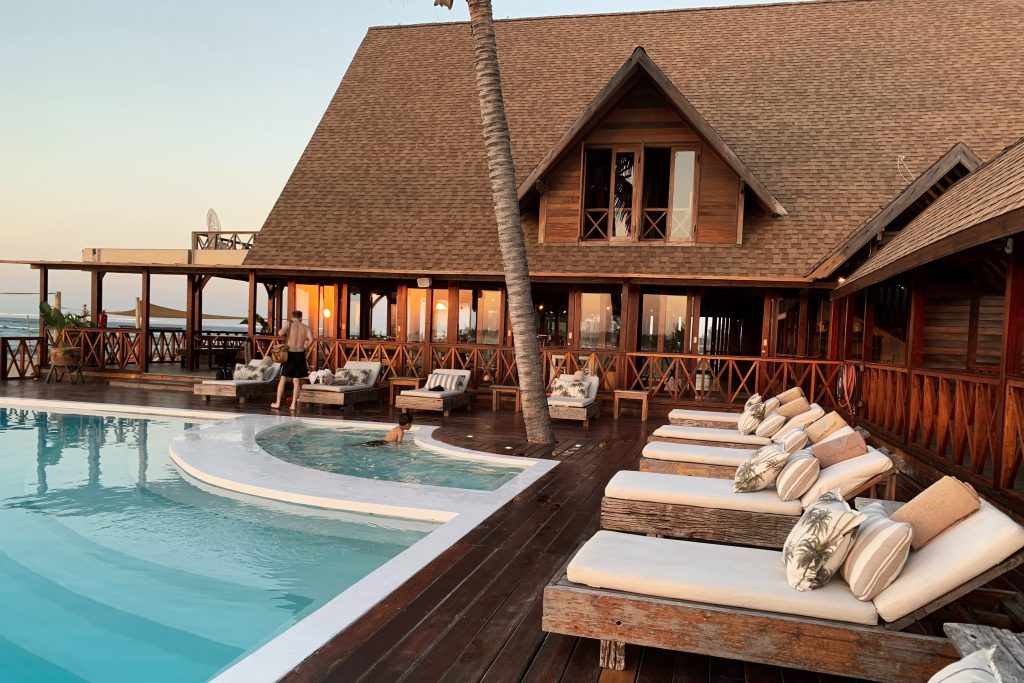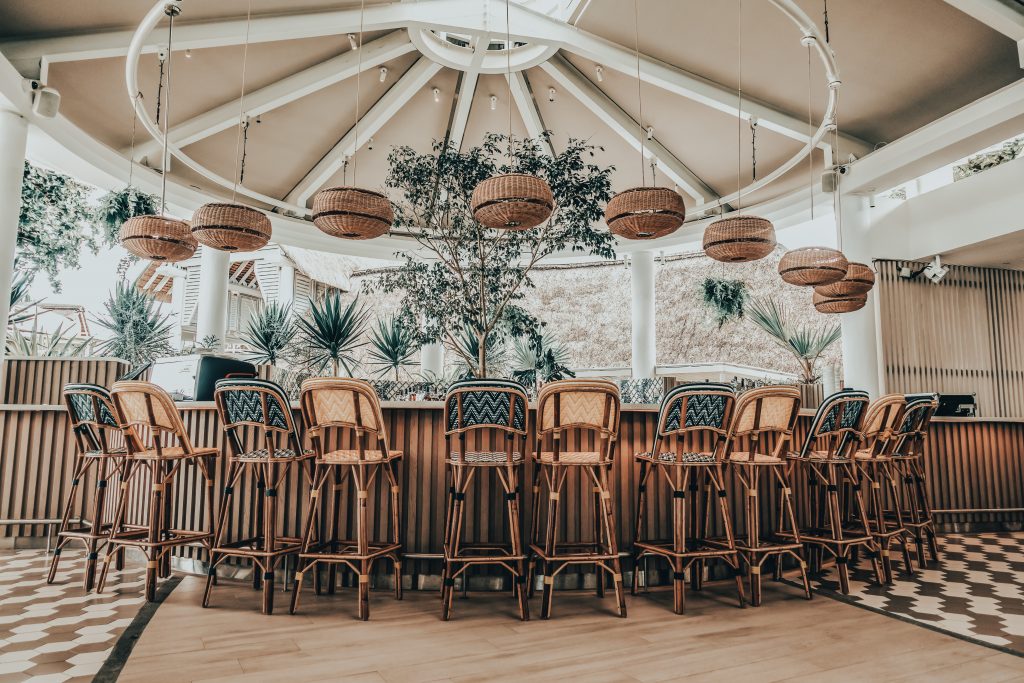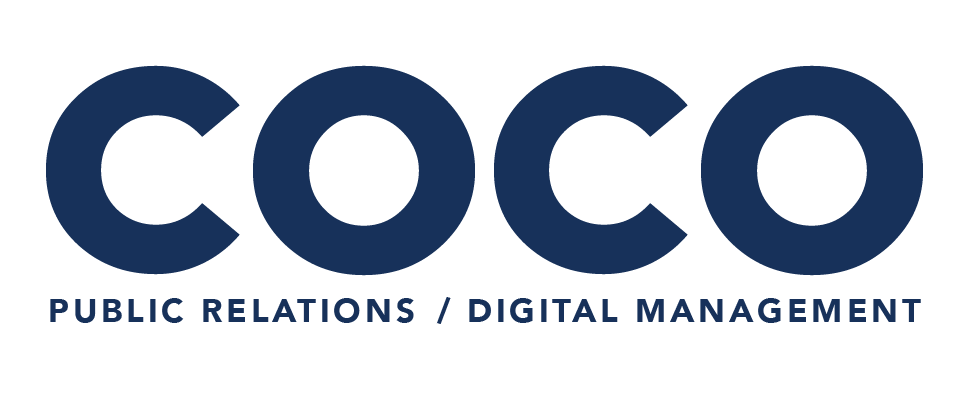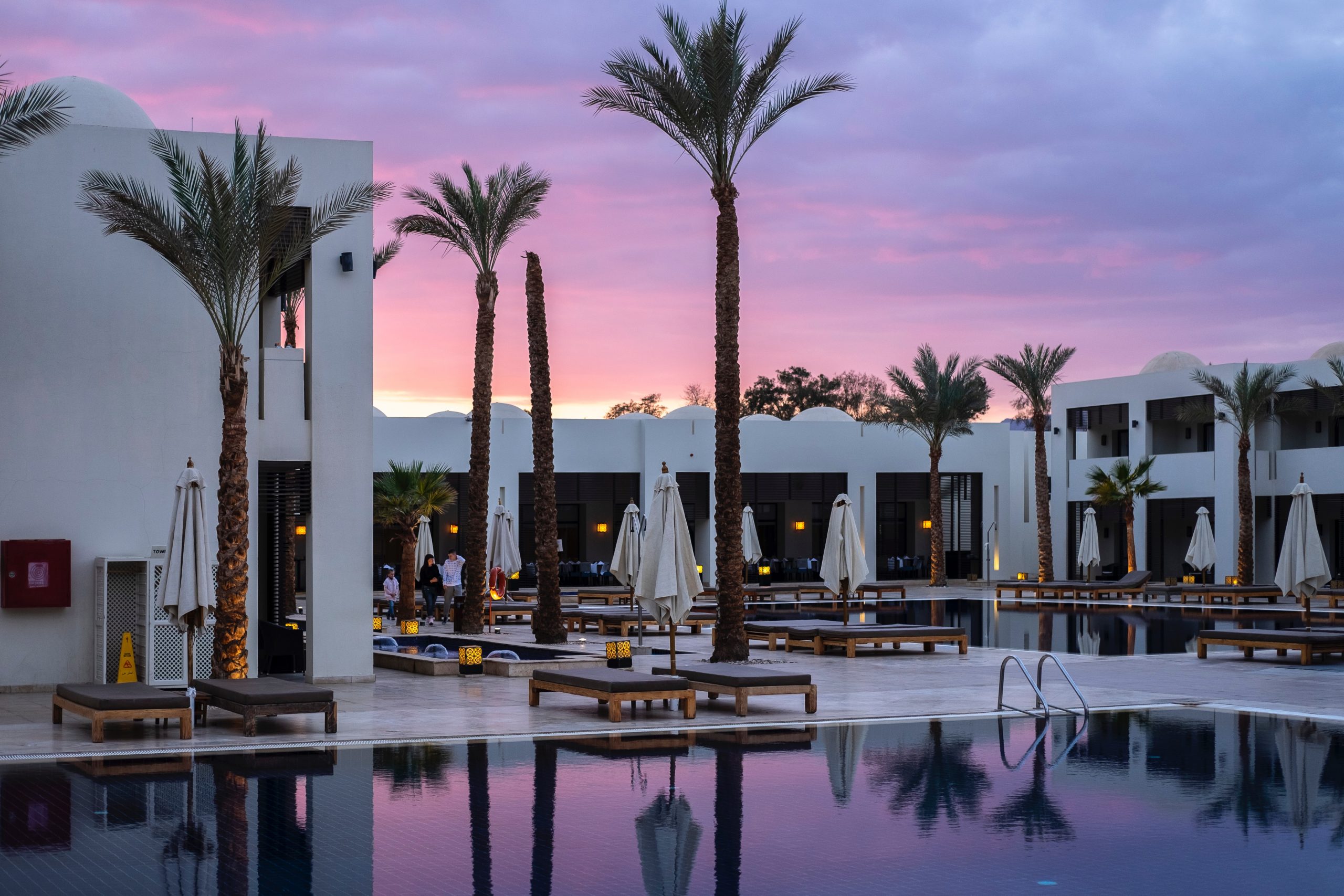We delve deeper into how the Covid-19 pandemic will change the era of travel and hospitality, quite significantly
The Covid-19 pandemic has devastated economies around the world and disrupted life in unimaginable ways. But as industries bounce back and weather the storm, most will need to embrace the inevitable new normal.
Amongst those which have been hit severely are travel and hospitality industries. As the pandemic gradually recedes, these industries will need to restore the confidence in future travellers to ensure its sustainability.
We’ve been hearing word that whether it’s weeks or months away, many airlines will be grounded indefinitely. And not to mention, a reduction in passengers on each flight to accommodate safe-distancing measures – with layouts in airports and airplanes having to be reconfigured – results in an increase in ticket prices due to higher demand.
Sooner than we think, the term “once-in-a-lifetime holidays” will be an actual thing. To put a positive spin to it, we find this new way of living will build a healthy amount of anticipation for an upcoming escapade.

TRAVEL WITH A PURPOSE
The key is to travel with a purpose.
This includes spending more time planning and prepping for that ‘dream holiday’.
Purposeful travel can take on a variety of different forms, from volunteer vacations to cultural exploration trips. Having a cause or subject you’re particularly interested in will strengthen the connection you have to a given destination.
When it’s just a short-term visit, it’s impossible to thoroughly experience every aspect of a new place. But focusing on just one interesting aspect of a place, like the schools in a small village, will allow you to feel more connected.

CLOSER TO HOME TRAVELS
This pandemic has taken a whole lot from many of us, some more severe than others. We find spending time in nature is good for mental health, stress relief and physical wellness. For restorative reasons, personal space and connection becomes more crucial than ever before.
However, this theory does not apply to everyone. Distance and perceptions of health-related risks tied to big cities will not influence business travellers as much. Instead, they will travel where their business needs take them. Conversely, travellers with leisure purposes are predicted to mostly focus on shorter travel within regions or neighbouring countries.

UNDERSTANDING NEW HOSPITALITY PRACTICES
Moving forward, what’s crucial is that the hospitality industry will split its customers into two categories – business and leisure.
Customers who had to postpone their travels are likely to start travelling once they feel safe and normal airline operation resumes. By the beginning of next year, it’s vital for businesses to start reconsidering their plan for the forthcoming wave of customers.
Travellers and guests can expect to be introduced to a new way of travel. Changes to hotel rooms may be apparent before you even enter. To ensure adherence to safe practices, some hotels have developed new technology. For instance, guestroom doors have seals to indicate they haven’t been accessed since they were last cleaned.
Others are removing items that are difficult to disinfect, including decorative pillows, bed scarves, notepads, pamphlets and pens. Minibars are gone too, though they may be replaced, such as with pop-up bodegas at the front desk of luxury boutique hotels. Other items, such as robes, will be available upon request.
Many hotels are providing safety kits stocked with masks, disinfectant and wipes for their guests. Daily newspaper deliveries will be going digital with electronic readers.

ACCEPTING LIFE AFTER COVID-19
It’s apparent how every industry has stepped up their game in battling the pandemic, only to emerge stronger than before. In every industry, trust is essential. In this case, well-communicated safety measures can help establish this trust.
You can visit our post blog about covid-19
Follow Us on Our COCO Public Relations Socials!
Instagram / Facebook / Youtube




